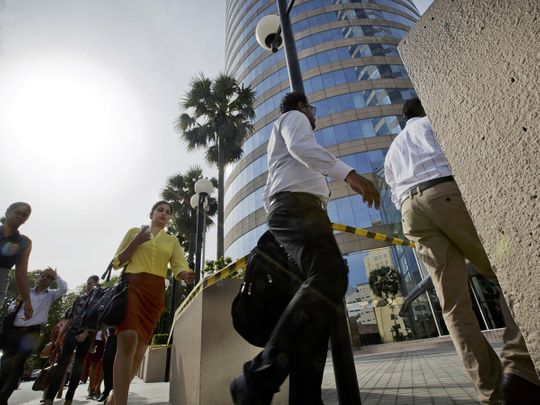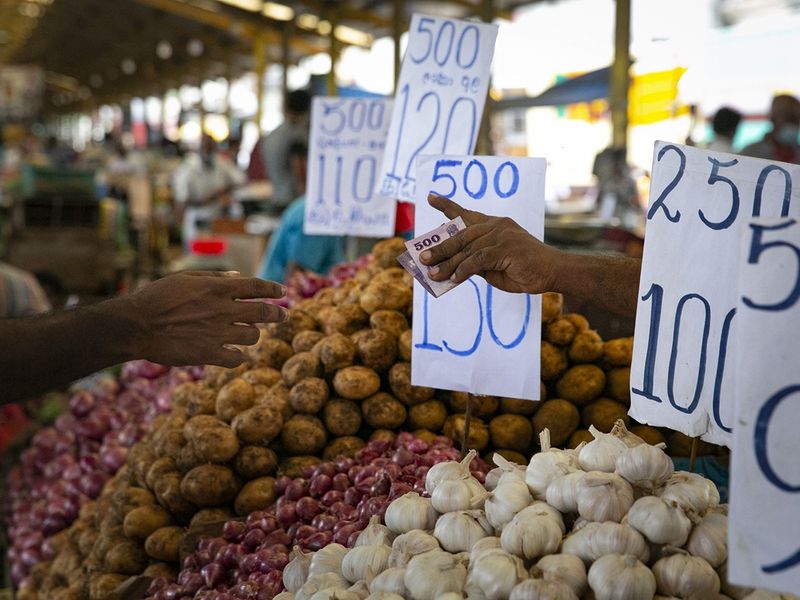
Colombo: Sri Lanka will need about $3 billion in external assistance within the next six months to help restore supplies of essential items, including fuel and medicines, to manage a severe economic crisis, its finance minister told Reuters on Saturday.
“It’s a Herculean task,” Finance Minister Ali Sabry said in his first interview since taking office this week, referring to finding $3 billion in bridge financing as the country readied for negotiations with the International Monetary Fund (IMF) this month.

The South Asian island nation will look to restructure international sovereign bonds and seek a moratorium on payments, and is confident of negotiating with bondholders for an upcoming $1 billion payment in July.
“The entire effort is not to go for a hard default,” Sabry said. “We understand the consequences of a hard default.” J.P. Morgan analysts estimated this week that Sri Lanka’s gross debt servicing would amount to $7 billion this year, with the current account deficit coming in around $3 billion.
The country has $12.55 billion in outstanding international sovereign bonds, according to central bank data, and foreign reserves of $1.93 billion at the end of March.
IMF support
Sabry said he will lead a delegation of Sri Lankan officials to Washington to start talks with the IMF on April 18 and that financial and legal advisers would be selected within 21 days to help the government restructure its international debt.
“Once we go to them, first thing is there is a sense of confidence in the entire international monetary community that we are serious,” he said. “We are transparent, we are willing to engage.” On Friday, a new central bank governor raised interest rates by 700 basis points in a bid to tame rocketing inflation and stabilise the economy.
Sri Lankan authorities will also reach out to rating agencies, Sabry said, as the country looks to regain access to international financial markets after being locked out due to multiple ratings downgrades since 2020.
Hike in taxes
Sabry said the government will hike taxes and fuel prices within six months and seek to reform loss-making state-owned enterprises, in an effort to fix public finances.
These measures were among key recommendations in an IMF review of Sri Lanka’s economy released in early March.
“These are very unpopular measures, but these are things we need to do for the country to come out of this,” Sabry said.
Credit line from India
Sri Lanka will seek another $500 million credit line from India for fuel, which would suffice for about five weeks of requirements, Sabry said.
The government would also look for support from the Asian Development Bank, the World Bank and bilateral partners including China, the US, Britain and countries in the Middle East.
“We know where we are, and the only thing is to fight back,” Sabry said. Discussions are ongoing with China on a $1.5 billion credit line, a syndicated loan of up to $1 billion dollars and a request from Sri Lanka’s president in January to restructure some debt.
“Hopefully we will be able to get some relief and which would help to keep the Sri Lanka community and the country afloat until larger infusions come in,” Sabry said.












